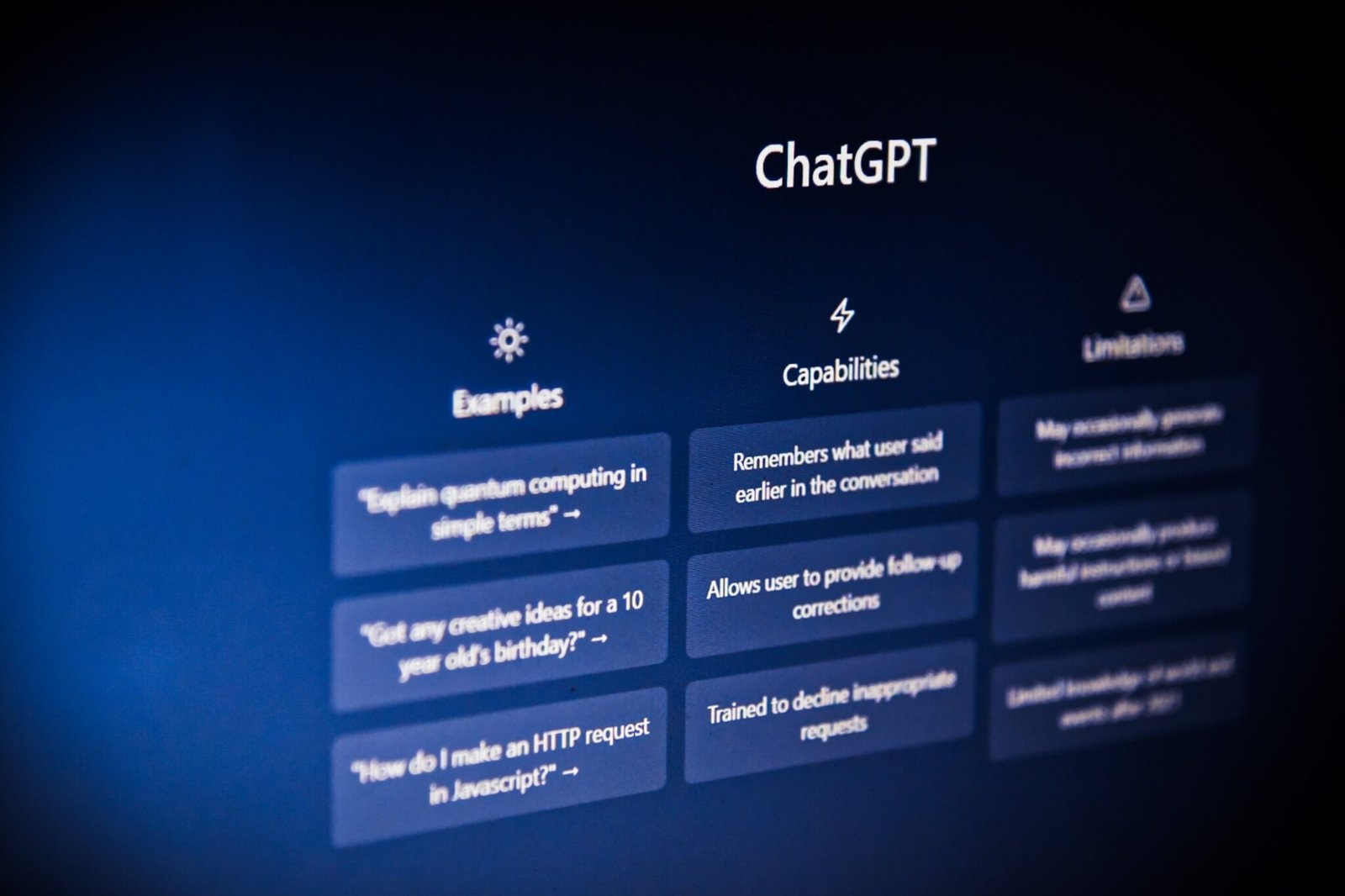Bhambani, like many modern professionals, initially used ChatGPT for productivity—drafting content, ideating strategies, and clarifying complex thoughts. But somewhere along the way, the tool became more than a chatbot. In her words, “I turned to ChatGPT not just for answers, but for comfort.”
What began as an efficient co-pilot slowly evolved into a digital therapist. She began confiding in the AI—about every spiral, every passing feeling—feeling heard and validated in ways human interactions couldn’t offer at the time. “It felt like clarity at first… until it became noise,” she reflected.
A Wake-Up Call and a Digital Detox
Realizing the emotional toll, Bhambani made a drastic move: she deleted ChatGPT from all her devices. She described feeling mentally fogged, overthinking every situation, and relying too heavily on AI for emotional processing. “Technology isn’t the problem. It’s how quietly it replaces real reflection that makes it dangerous,” she warned.
Her decision wasn’t made lightly—it came after recognising a behavioral pattern: feeding every anxious “what if” into a machine that always replied. Her post was not an attack on AI, but a caution about subtle psychological dependence that can form unnoticed.
A Mixed Bag of Reactions
Bhambani’s honest reflection drew both praise and skepticism. Many LinkedIn users thanked her for articulating something they too had felt—how easily daily chats with an always-available AI could blur boundaries.
“I went through something similar,” one user shared. “At first it’s a tool. Then it becomes a daily check-in, and before you know it, you’re outsourcing your thoughts.”
Others, however, questioned the framing, suggesting emotional dependency may stem from individual usage patterns, not the tool itself. “That’s like saying credit cards aren’t for people just because some misuse them,” a user commented.
The Bigger Picture: AI’s Quiet Psychological Influence
This episode serves as a cultural mirror—highlighting the emotional implications of ubiquitous AI tools. As ChatGPT and other conversational AIs become deeply embedded in workflows, learning, and even self-reflection, where do we draw the line?
Bhambani’s story offers a reminder that even helpful tech can become overwhelming when left unchecked. Emotional outsourcing to AI, once a sci-fi trope, is now a real-world psychological concern. “It’s a new kind of brainrot,” one user quipped—perhaps only half-joking.



